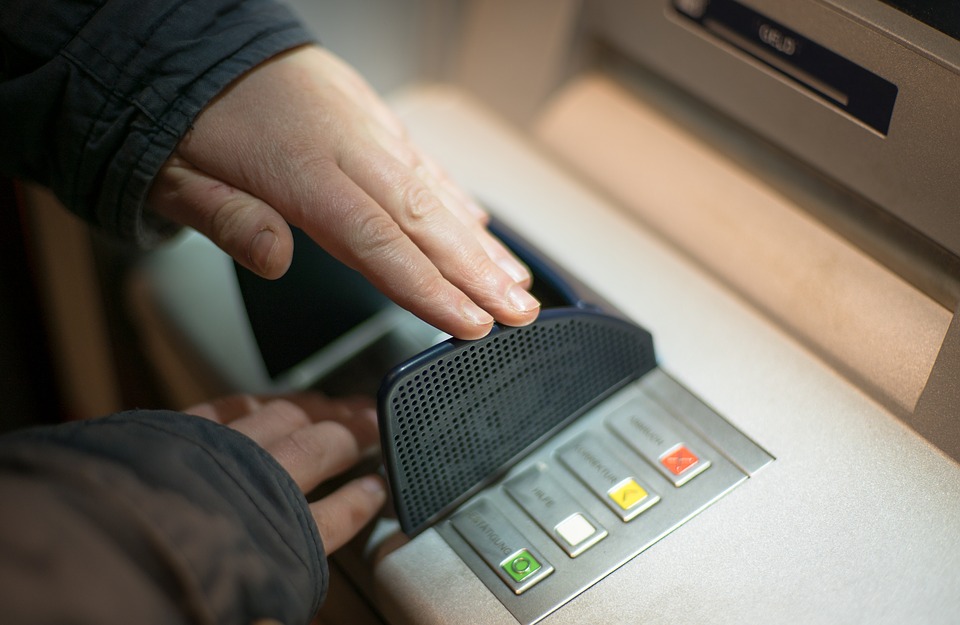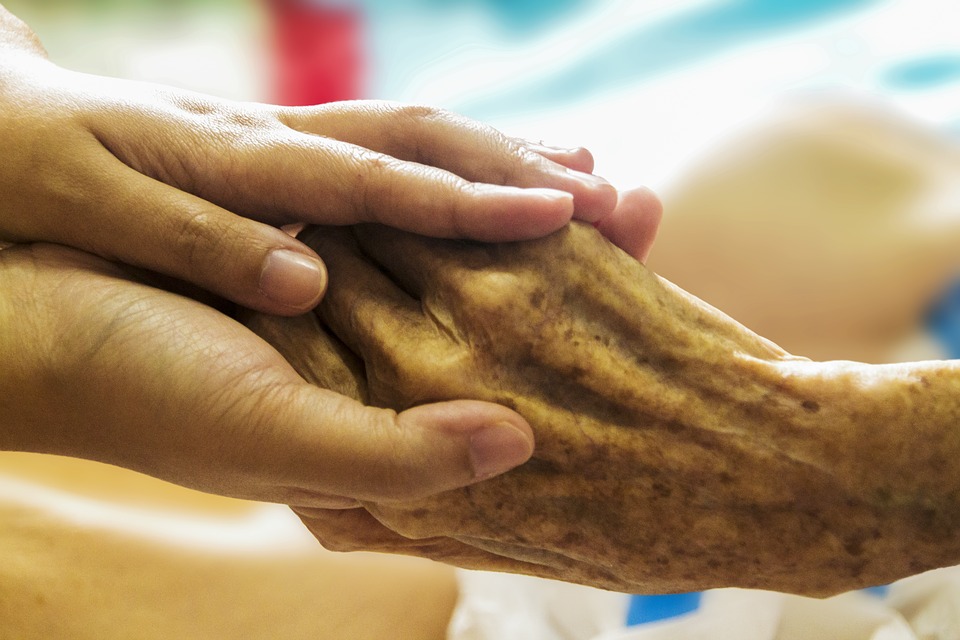Beyond The Pain, Coping With The Stresses Of Sudden Illness
Sudden illness, injury, or disability can really turn your life upside-down. The trauma, pain, and stress of the discovery and treatment can be enough to deal with. If only that was the only impact it had on your life, however. The truth is that sudden illness actually has much further reaching impacts that aren’t considered as often. Here are a few that you should be aware of and how you might deal with them.
Finding comfort
Beyond the treatment you’re given by your healthcare professional, it’s worth considering a proactive look at how you deal with the symptoms you face in the long-run. Chronic pain is a common side-effect of many illnesses and injuries, but finding ways to cope through pain management techniques can help them become much less debilitating. For some, seeking additional physical therapy through techniques like massage therapy and meditation can work. For others, focusing on recovery through reintroduction to exercise adapted to your mobility levels and a healthier diet can help you become stronger and healthier by comparison.
The way that works for you
Whether it’s temporary or permanent, an injury that’s disabling will suddenly make the world seem like a much different place. Things you could do with no issue before now become a challenge. But rather than forcing you to use considerably more effort, there are plenty of creative home modifications for those living with disability, for instance, that allow you to better adapt your home environment to your current condition. Similarly, you should talk to your employer, if you’re still able to work, about allowing a little more flexibility in your role so you can continue to work without putting your body at further risk.
The financial impact
Many illnesses and injuries bring them serious financial repercussions, too. If you’re involved in an accident or exposed to elements that bring about your sickness and it’s someone else’s fault, then seeking responsibility can help you cope with costs that you otherwise shouldn’t. But the longer-term financial stress is often caused by no longer being able to work. Getting what you’re entitled to isn’t always as easy as applying for social security. With some diseases that have symptoms that aren’t as visible, like fibromyalgia, getting help from an attorney can often give you the convincing edge you need to make sure you get what you need. If you haven’t yet been injured or made ill, then it’s worth considering investing in long-term sick insurance for yourself, too.
It’s not just your body that takes a toll
One of the hidden impacts of serious accidents being brought more to the forefront as of late is the high rates of severe stress, anxiety, and PTSD in victims. But even no-fault injuries and illnesses can have a tremendous impact on self-esteem and confidence, especially if new disability makes it much harder for you to do what you once could. It pays to be aware that your mind might be suffering a much heavier toll than it should be, even in relatively dire circumstances. Taking your mental health seriously and knowing when you might need help can be an important step on becoming the same person inside that you were before the incident.
Health issues have ripple effects across your whole life, from your ability to work to how you used to carry out simple household tasks that now seem much more difficult. Coming face-to-face with your challenges and finding the ways to cope with them can help you get some control back, instead of feeling like your life is being taken over.
Tia, and TipsfromTia.com is trying to keep you looking good and
feeling good, from the inside out. If you’ve got a problem or a tip email me! Be sure to Like and share on Facebook or Follow on Twitter or Instagram











